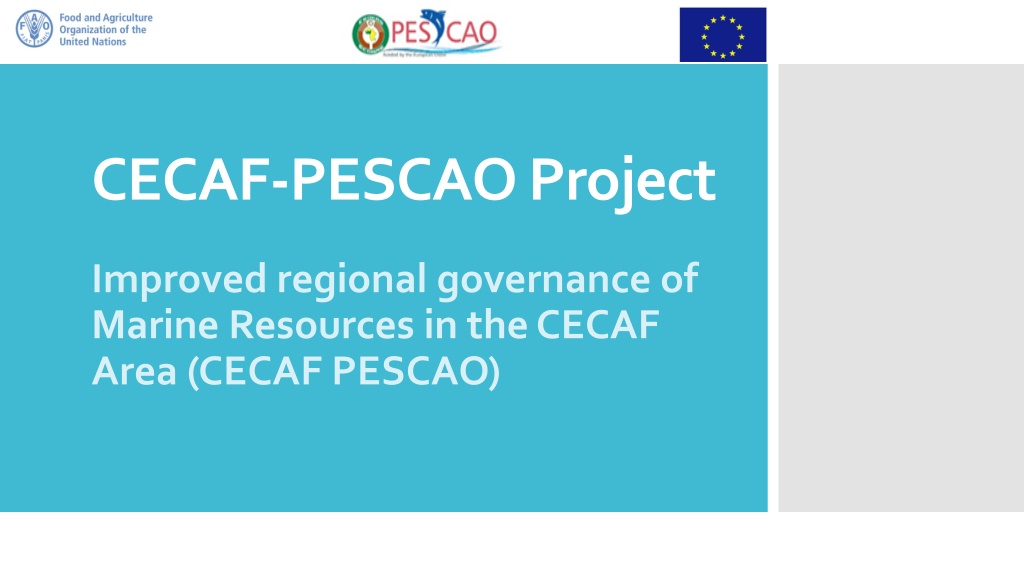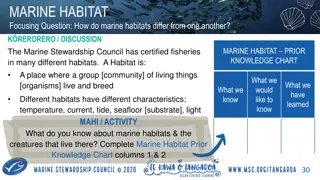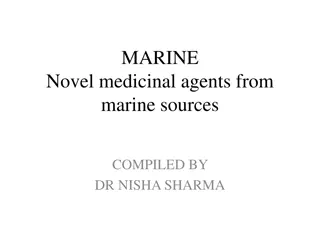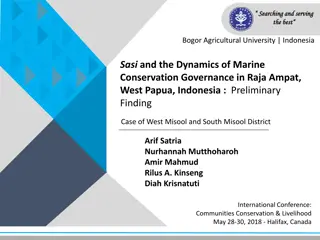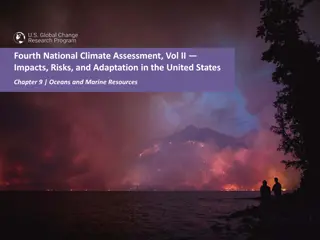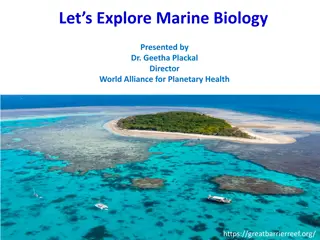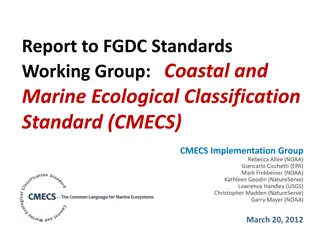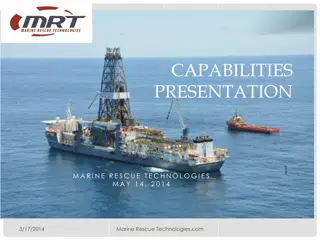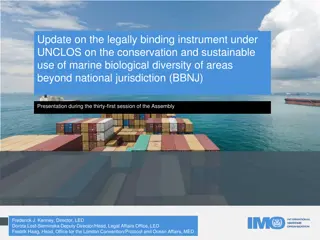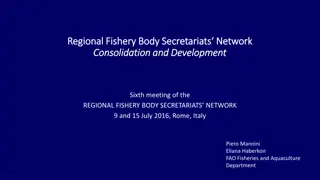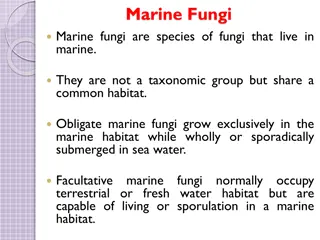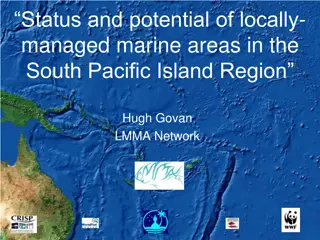Enhancing Regional Governance of Marine Resources in the CECAF Area
The CECAF-PESCAO project aims to improve the regional governance of marine resources in the CECAF area through stock assessment, fisheries management, and fostering regional cooperation. Key areas include monitoring stocks, implementing EAF, and addressing IUU fishing. The project focuses on collaborative initiatives, data sharing, and enhancing small-scale fisheries management. It emphasizes integrating scientific advice into national frameworks and harmonizing data reporting for global processes.
Download Presentation

Please find below an Image/Link to download the presentation.
The content on the website is provided AS IS for your information and personal use only. It may not be sold, licensed, or shared on other websites without obtaining consent from the author. Download presentation by click this link. If you encounter any issues during the download, it is possible that the publisher has removed the file from their server.
E N D
Presentation Transcript
CECAF-PESCAO Project Improved regional governance of Marine Resources in the CECAF Area (CECAF PESCAO)
CECAF Key facts Coverage, mandate and structure: Advisory: EEZs and ABNJ Members: 34 (coastal and non-coastal) Structure: Committee, SSC, Working groups (demersal, Pelagic and artisanal) Key thematic areas of work: Stock assessment Monitoring and advice on status of stocks and fisheries Fisheries management EAF implementation Shared stocks Coordination of fisheries related research Fisheries information and statistics Small scale fisheries issues Deep-sea fisheries and VMEs IUU Regional cooperation and coordination CECAF-Key facts Example outputs Stocks and fisheries status reports Priorities for research Fisheries management recommendations CECAF catch statistics Resources and Fisheries fact sheets (FIRMS) Thematic publications/studies E.g. artisanal fisheries, IUU, VMEs, impacts
1. How can countries apply the scientific advice provided by CECAF? 2. How can CECAF information be better shared with other organizations and contribute to other processes? E.g. sub-regional fisheries bodies (SRFC & FCWC), regional economic groupings (ECOWAS), global processes and national requirements (e.g. CWP, SDGs etc.) Need for a forum to harmonize statistical reporting (national- regional-global) as well as to promote encourage and coordinate research Issues and needs: 3. Need for expanded assessment toolbox and training for data poor situations to improve knowledge based advice 4. How can the data and knowledge provided to the working groups be improved? Revised procedures and protocols Demersal resources (selected countries FCWC sub- region) 5. How can the management of small-scale fisheries be enhanced? Artisanal fisheries working group, socio-economic indicators and participatory management actions
Outcome: Enhanced regional policy dialogues, improved science-management processes and integration of CECAF management advice into national frameworks Outcome 1: Outcome 2: Technical support to advance management knowledge on SSF Enhanced interactions and strengthened linkages to harmonize data and streamline reporting into global, regional and national processes O 1.4: O 1.1: O 2.1: O 1.2: O 1.3: Revised protocols for data sharing and provision Demersal Resources Integration of CECAF management advice Advance knowledge on small scale fisheries along the value chain Collaboration on data sharing and research Assessment methods and assessment toolbox (case studies) (case studies)
CECAF Management advice process- and PESCAO Output 1.2: Collaboration on data and information procedures and research Output 1.1: Uptake of management advice Members The National statistics (catch, effort, fleet); National surveys; Regional Surveys (e.g. Nansen, AtlantNIRO); Special studies; Information through other projects (e.g. biological data) etc The Committee Secretariat (provided by FAO) Output 1.3: Assessment methods The Scientific Sub-Committee Output 2.1: Artisanal fisheries and socio economic indicators Working Groups Demersal species Small pelagic species Artisanal fisheries Output 1.4: Data protocols
Unique opportunity for countries to address identified bottlenecks for improved data, scientific advice and management actions Summary Integrated into existing institutional processes and in synergy with other projects and programmes in the region
Thank you Contacts: Ndiaga.Gueye@fao.org (CECAF Secretary) Merete.Tandstad@fao.org (Senior Programme Coordinator) Merci
